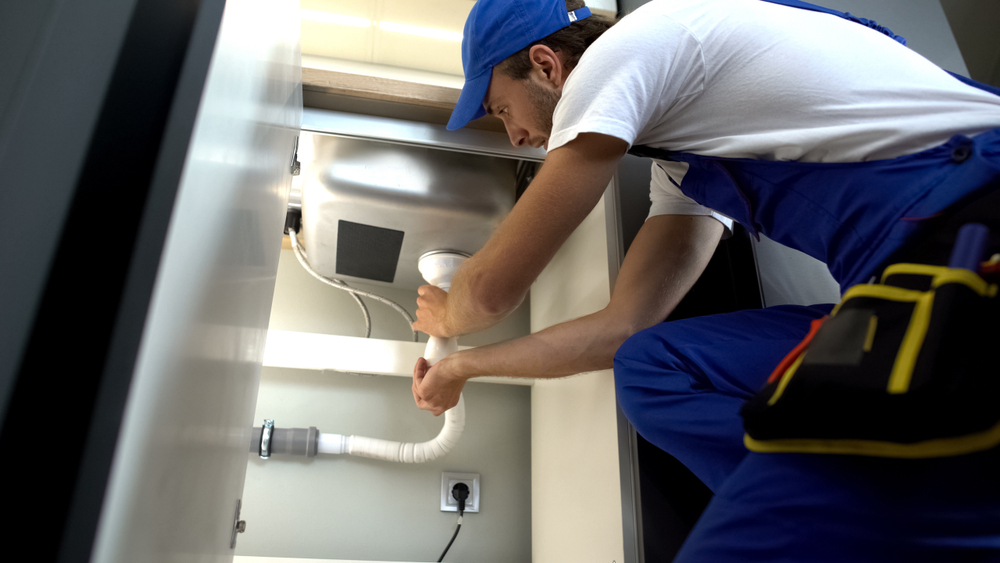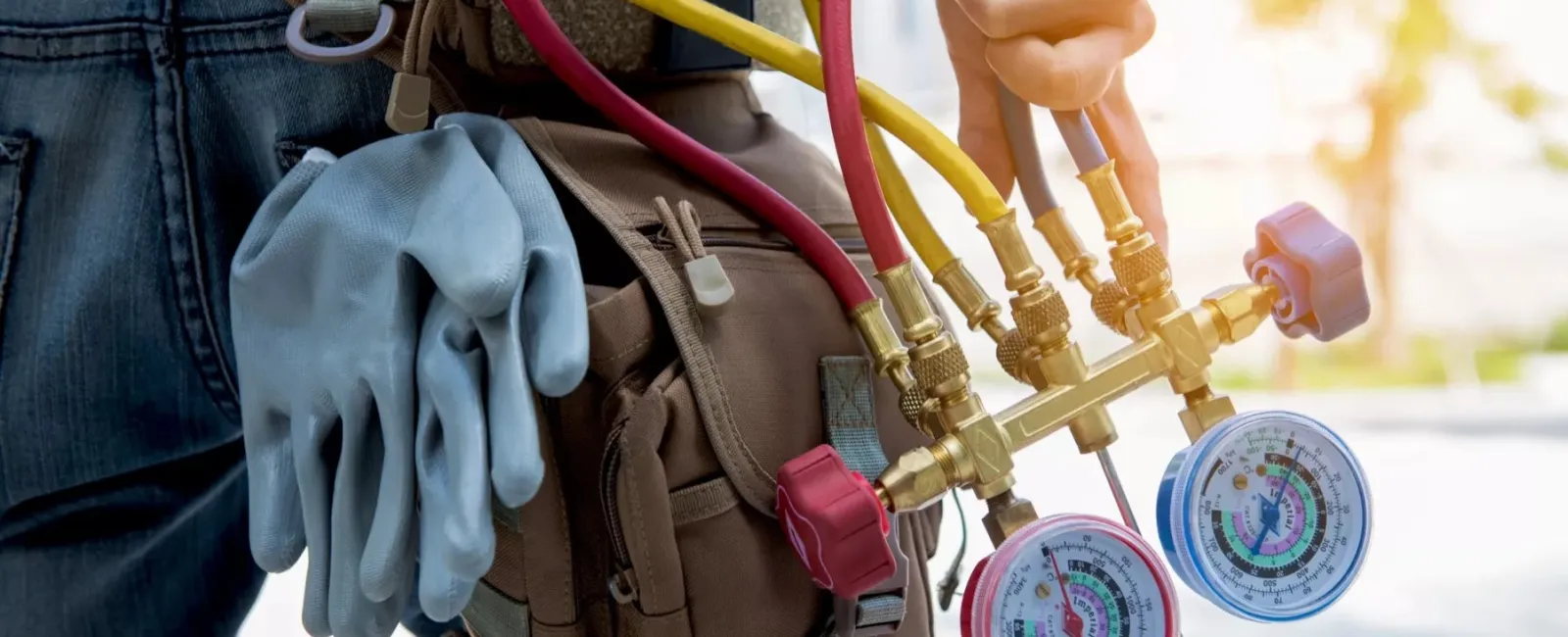Ways to Fix Emergency Plumbing with Quick Tips Until Help Arrives
Ways to Fix Emergency Plumbing with Quick Tips Until Help Arrives
Blog Article
What're your thoughts about Expert Tips for Emergency Plumbing Repairs?

Plumbing emergencies can strike at any time, triggering stress and possible damages to your home. Whether it's a burst pipeline, a stopped up drain, or a dripping faucet, knowing just how to manage the scenario up until an expert plumbing gets here can save you from further difficulties. This post provides crucial emergency situation pipes ideas to help you minimize damage and reclaim control during a plumbing dilemma.
Turn Off the Water
The initial step in any pipes emergency is to turn off the supply of water. For local issues, such as a dripping faucet or commode, turn off the shutoff near the fixture. When it comes to a major leakage or burst pipeline, locate your home's primary water shut-off valve and transform it off immediately. Understanding the area of these valves ahead of time can save useful time throughout an emergency situation.
Address Little Leakages with Short-term Solutions
Small leaks can promptly end up being substantial problems if left untreated. Make use of these temporary repairs until expert aid arrives:
While these solutions aren't permanent, they can assist reduce water loss and damages.
Unclog Drains Pipes Safely
A blocked drain can be an aggravating and unpleasant issue. Right here's just how to tackle it:
If these methods don't function, stay clear of using excessive force, as it might get worse the blockage.
Manage Overflowing Toilets
An overruning bathroom can trigger instant turmoil. Right here's what you must do:
Shut Off Your Hot Water Heater
In particular emergency situations, such as a burst pipe, it's wise to shut off your hot water heater. This protects against overheating or damages to the device when water quits streaming. Turn off the power supply to the hot water heater (electrical or gas) and allow it cool down to avoid possible dangers.
Momentarily Quit a Ruptured Pipeline
A ruptured pipe can result in significant water damage in minutes. To minimize the concern:
Call a specialist plumbing technician immediately to resolve the issue permanently.
Manage Frozen Pipeline Carefully
In chillier climates, icy pipes are an usual emergency situation. If you suspect an icy pipe:
Prevent Additional Damages
Taking quick activity to reduce damage can conserve you time and money over time. Below's how:
. Have an Emergency Plumbing Package
Prepare a basic plumbing emergency package to handle minor concerns effectively. Your kit must consist of:
Having these devices on hand can make a considerable difference in your capability to take care of emergency situations.
Know When to Call a Professional.
While quick fixes can assist briefly, particular pipes concerns call for immediate professional interest. Call a plumbing professional if:.
Promptly getting in touch with an expert makes sure the problem is solved properly and stops more difficulties.
Verdict.
Pipes emergency situations can be frustrating, yet with the appropriate expertise and devices, you can take care of the scenario effectively until help shows up. By shutting off the water system, resolving tiny leaks, and using temporary fixes, you can reduce damage and keep your home safe. Keep in mind, these ideas are momentary remedies; constantly consult a qualified plumbing professional to take care of the origin of the trouble. Prep work and fast reasoning are your ideal allies in any kind of pipes emergency situation.
8 Helpful Tips for Managing Plumbing Emergencies at Home
If your plumbing system hasn’t failed once, wait for it because almost everyone has a story to tell. Sometimes, it could be simple emergencies such as a leaking pipe, a blocked cistern, or even a big burst pipe. In situations like this, you need to have some handy tips to save you some money and from possible damages.
Take care of minor issues early.
Sometimes, you could have avoided an emergency by taking proactive measures while it was still early. Some major plumbing emergencies can be a result of an ignored minor issue. We recommend that you have items like plumbing tapes and other related items. A plumbing tape can allow you to manage minor leaks before the plumber arrives.
Cut off the water supply.
This tip is essential in almost any type of leakage problem. For problems like minor leakages in the toilet or kitchen, turn off the supply that takes water to the affected pipes. If the leakage is a major pipe, you must shut off the supply valve to the entire building. This will help you avoid flooding your home and neighbors if you share a flat.
Know your plumbing system
Folks typically move into a new apartment without understanding the water supply around the building. This can prove disastrous if a water emergency arises and the plumber is far away. The previous tip will prove useless if you don’t practice this one. More importantly, know where your water shut-off valve is located – you’ll need that knowledge to prevent potential home floods.
Have some common handy tools
There are lots of plumbing emergencies that you can handle without hiring a plumber. That’s why you must keep some tools available always. Some tools that you can use to fix simple plumbing emergencies easily include plumbing tapes, screwdrivers, thread seal tapes, plungers, pliers, tape measures, and rubber gloves.
Insulate your pipes from cold
You’ll save yourself from many plumbing expenses if you protect your water pipes from the cold. This is because of the harmful effects that cold weather can have on your pipes. During winter, your pipes can burst from being overly expected to freezing temperatures. So, make sure insulators are there to keep the pipes working correctly.
Avoid practices that will clog your toilet.
Many people indulge in practices that can damage the plumbing system of the entire building. One of these is when they use their toilet to dispose-off garbage. They flush all kinds of things, such as paper towels, bandages, hairs, female sanitary products, etc., down the toilet. This will block your toilet in the long run, incurring unnecessary expenditures. Dump such waste in the trash instead.
Check your dials regularly.
Sometimes, there could be leakages in your home without noticing them in time. So, constantly monitor your water meter dial. If the dial is reading when there is nobody using water, this is an indicator that there is leaking. Check for leaks immediately. Call a plumber as soon as possible if you can’t find any.
https://www.constructionplacements.com/8-helpful-tips-for-managing-plumbing-emergencies-at-home/

We had been guided to that report about through an associate on another web blog. Sharing is nice. Helping others is fun. We treasure your readership.
Call Today Report this page